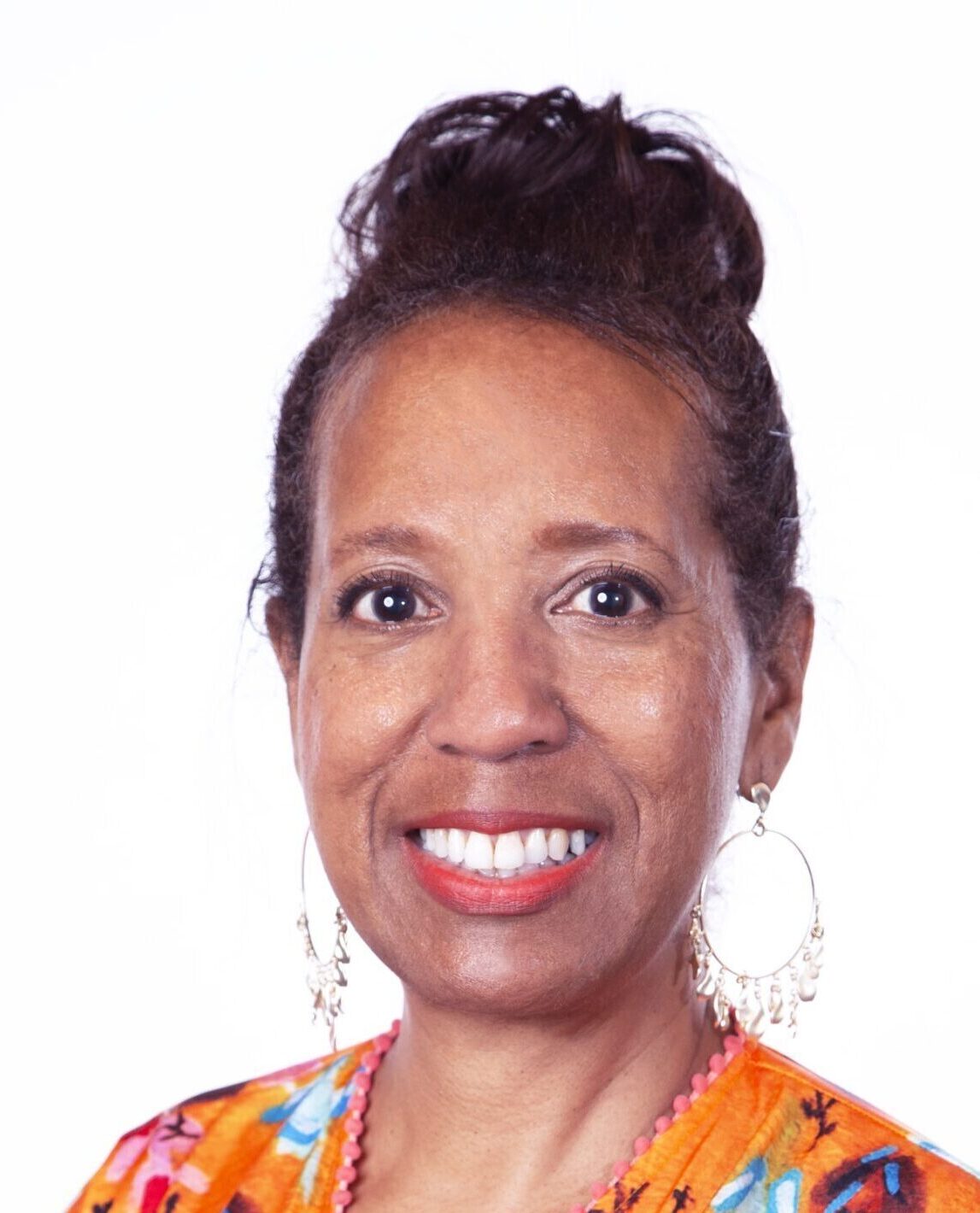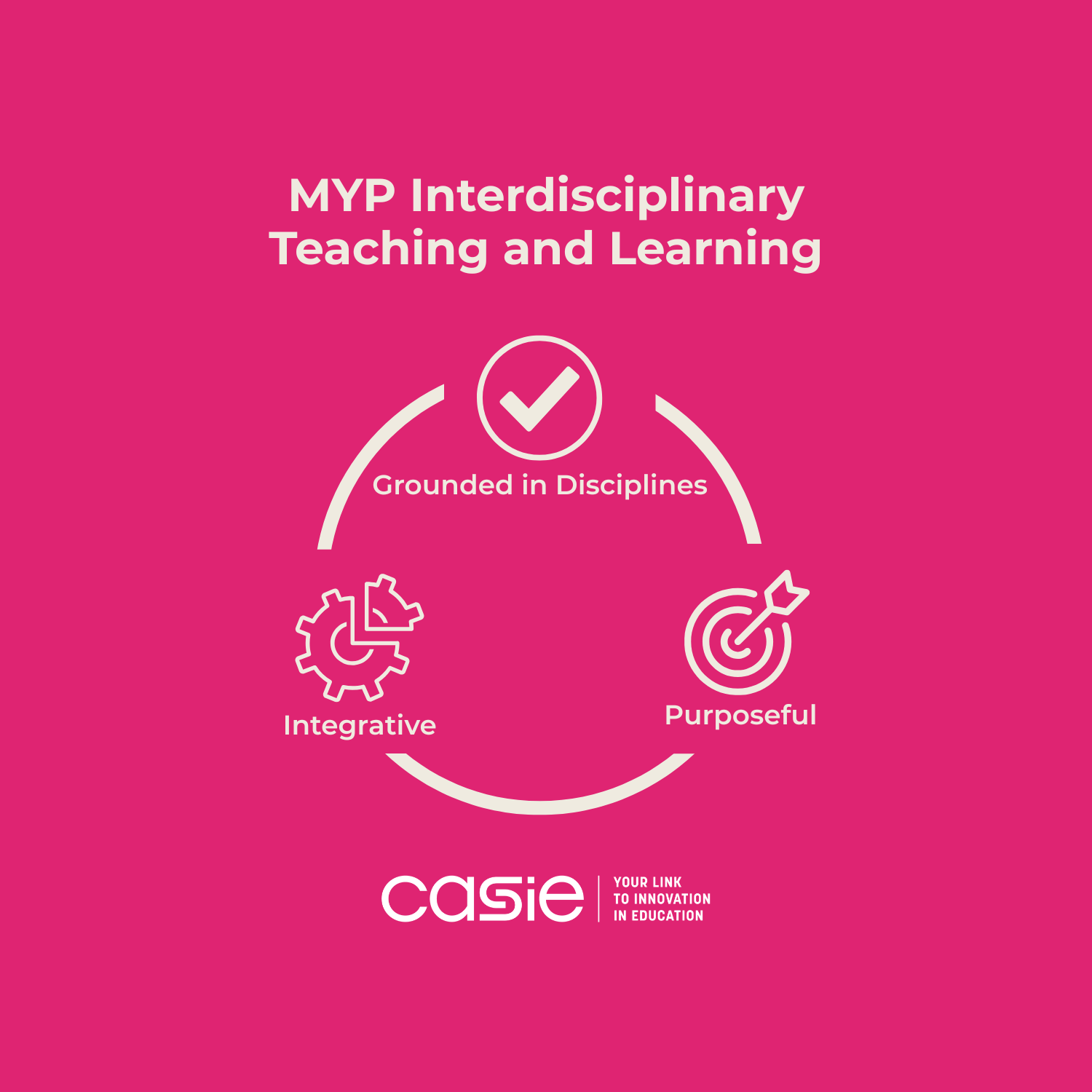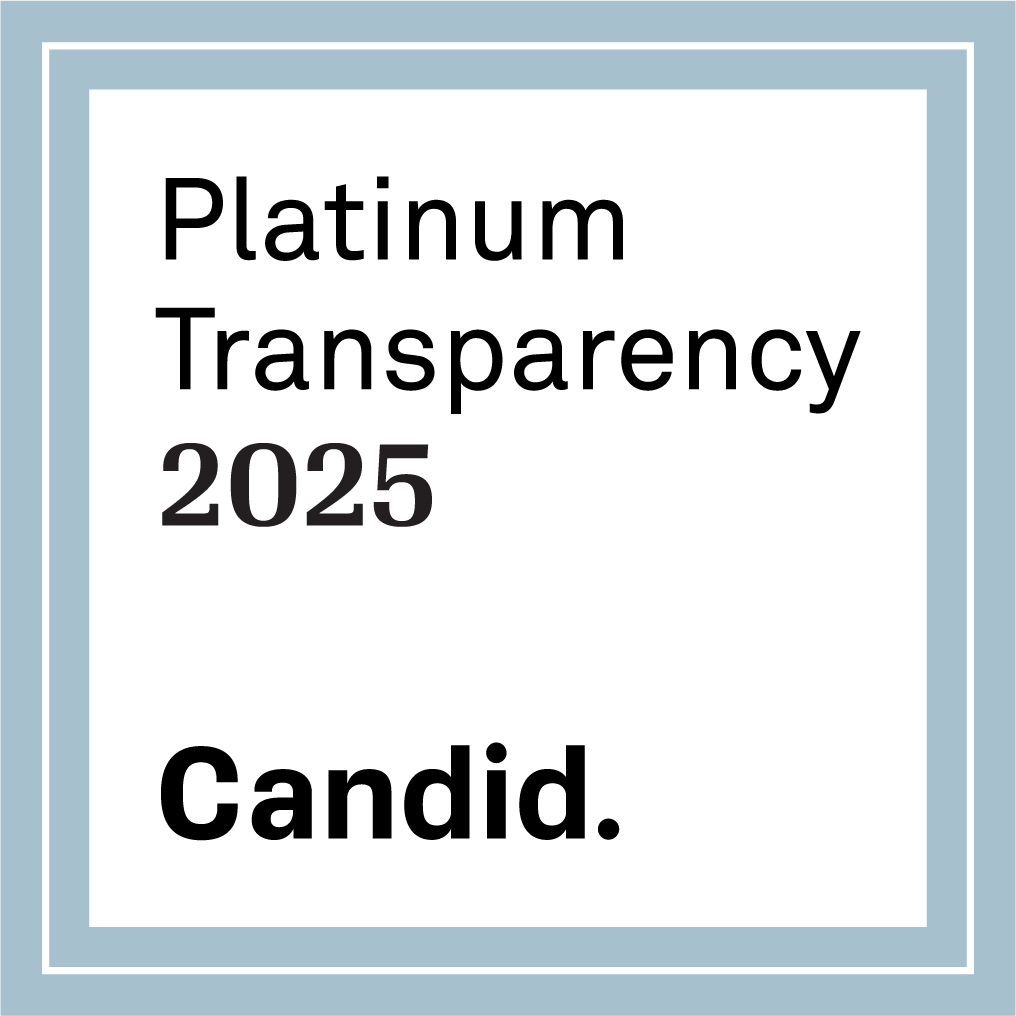Updated: Nov 11, 2023
Many schools, school districts, and education-related organizations have a mission statement that includes the goal of developing lifelong learners. The lifelong learner mission of educators is stated in various ways to indicate that becoming a lifelong learner is a process. They include phrases like cultivating and supporting lifelong learners, nurturing children to be successful lifelong learners, building lifelong learners, and creating lifelong learners. In order to think about how best we can develop lifelong learners, we need to answer a few questions such as, What does it mean for someone to be a lifelong learner? What would it take for someone to become a lifelong learner? What skills would a person need to have? What attributes would someone need to possess? These questions can help to lead us to design strategic actions towards this goal.

What is a Lifelong Learner
Dictionary.com defines lifelong learning as, “the provision or use of both formal and informal learning opportunities throughout people’s lives in order to foster the continuous development and improvement of the knowledge and skills needed for employment and personal fulfillment”. The Harvard Graduate School of Education’s article, The Next Level of Work and Learning (Project Zero’s new lab looks to better prepare lifelong learners for an uncertain future.), speaks about the workplace of the near future being characterized by “volatility, complexity, and ambiguity.” As a result, they indicate that “students and adults will need to become lifelong learners, armed with the knowledge of how to transfer their skills to new workplace opportunities.” This statement points to being knowledgeable and able to transfer a set of skills to new situations as qualities of a lifelong learner.
An Environment for a Lifelong Learning Culture
UNESCO Institute for Lifelong Learning (UIL) report on a future-focused vision of education, Embracing a culture of lifelong learning, was a contribution to the UNESCO International Commission on the Futures of Education. This report declares the necessity of creating a “global culture of lifelong learning” as crucial in solving problems that humanity is facing worldwide. It includes the key areas for an environment that would provide the conditions needed to make lifelong learning the driving value of education policy. They presented the following ten action messages as guideposts for helping to shape a lifelong learning culture:
-
Recognize the holistic character of lifelong learning
-
Promote transdisciplinary research and intersectoral collaboration for lifelong learning
-
Place vulnerable groups at the core of the lifelong learning agenda
-
Establish lifelong learning as a common good
-
Ensure greater and equitable access to learning technology
-
Transform schools and universities into lifelong learning institutions
-
Recognize and promote the collective dimension of learning
-
Encourage and support local lifelong learning initiatives, including learning cities
-
Reengineer and revitalize workplace learning
-
Recognize lifelong learning as a human right
Considerations for Thinking About Skill Development for Creating Lifelong Learners
The International Baccalaureate has identified five skill categories to contain the skills needed to be developed to create lifelong learners. Those skill areas are Communication, Social, Thinking, Self-Management, and Research. In planning for development in these areas, we could consider the following questions from the IB’s document, MYP: From Principles into practice, Appendix 1:

By considering these questions within these areas, we can narrow our focus and organize our work more efficiently as we plan for teaching and learning.
This first look at what is meant by schools when they aspire to cultivate lifelong learners and the conditions that are suggested to formulate a culture to do this work led to thinking more about how we might begin to plan for students to learn the specific skills that will serve them in their current and unknown futures.
In the next posts in this series, we will look deeper into what attributes might characterize a lifelong learner as well as the conditions, learning experiences, and skills for fostering those traits will be explored.
Author
-

Jill is the CASIE Director of Education. She has a Master’s degree in Educational Leadership from Clark Atlanta University and a Bachelor’s degree in Education from The Ohio State University. Her past work experience includes serving as a teacher, IB coordinator, assistant principal, associate principal, 12 years as a principal with the last 7 leading an IB World School, Executive Director of Academic Programs including all four IB Programmes, head of of Curriculum and Assessment for Marietta City Schools, and an IB Educator Network programme leader. She enjoys learning, reading, walking, spending time with her husband, daughter, son, daughter-in-law, and friends.
View all posts







